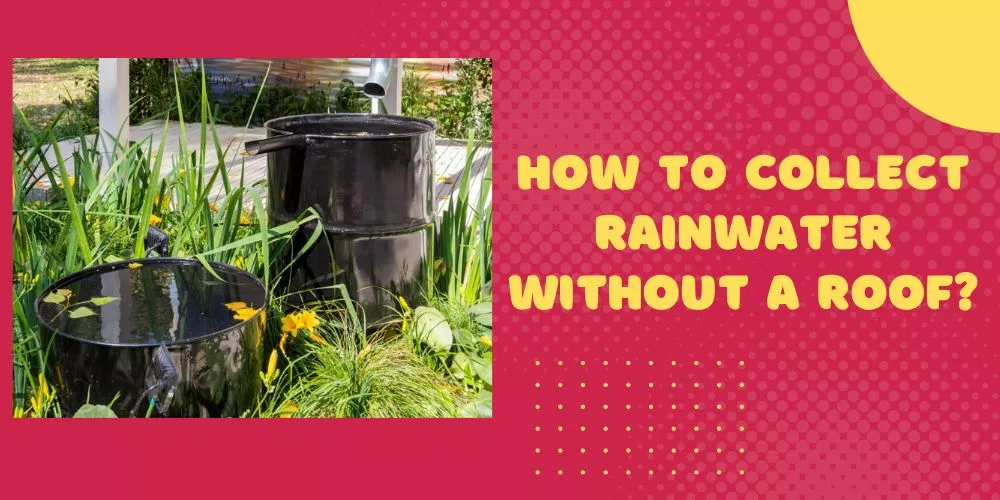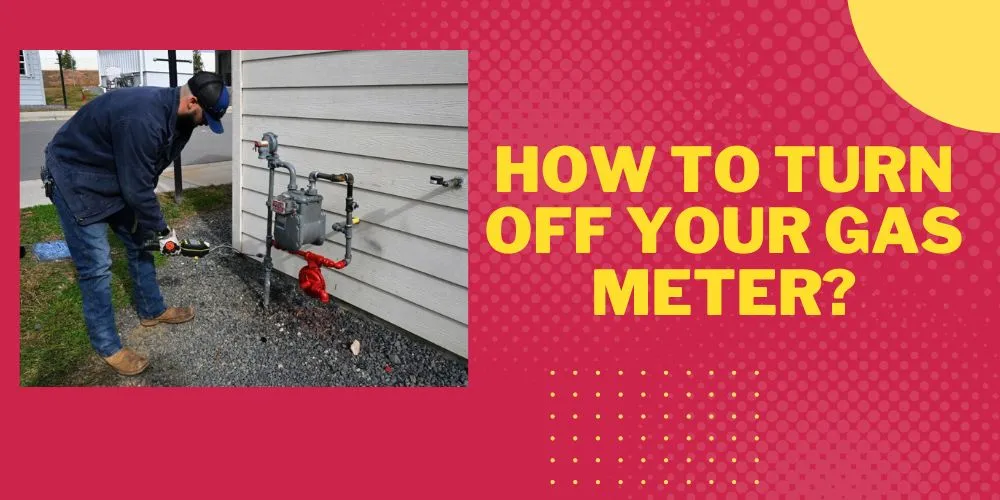Gasoline, is a liquid fuel that is widely used as a source of energy for transportation. It is used in a variety of vehicles, including cars, trucks, motorcycles, and boats, as well as in generators and other equipment.
But, can you freeze gasoline? Is it possible?
Technically, yes you can freeze gasoline, but it can’t be a long term solution. Because, storing it is not an easy task because that would require temperatures of around -100 degrees F, which isn’t a feasible option for many of us.
However, there are several reasons why someone might want to freeze gasoline. One of the primary reasons is for storage. Freezing gasoline can preserve its quality and prevent it from degrading over time.
This is especially useful for those who may have a surplus of gasoline or live in areas where gasoline is not readily available. By freezing gasoline, one can extend its shelf life and ensure it remains usable for longer periods.
In this riveting article, we will delve into the world of gasoline, its chemical makeup, and the factors determining its freezing point. We will also explore the practical and safety aspects of attempting to freeze this volatile liquid.

Can you freeze gasoline to preserve it?
Freezing gasoline is not a practical solution for long-term storage, as temperatures below -50 F or more are required depending on the fuel’s octane level and additives.
To freeze gasoline, it must be held at temperatures of around -100 degrees F, which is not feasible for most people. Therefore, it is not recommended to freeze gasoline to preserve it. Instead, gasoline should be stored safely and used within 30 days for optimal performance and to prevent it from expiring.

Is frozen gasoline still flammable?
According to the sources, frozen gasoline can still be flammable if the conditions are met. For example, if frozen gasoline is poured onto a hot surface like a BBQ grill or engine block, the heat can cause the gasoline to vaporize and ignite.
Therefore, it is essential to thaw out frozen gasoline before using it.

It is also important to note that gasoline can release harmful vapors that can cause respiratory problems or other health issues. Therefore, handling gasoline with care and in a well-ventilated area is recommended.
In general, it is not advisable to intentionally freeze gasoline for any reason, as it can be dangerous and ineffective for long-term storage.
How do you store gasoline long term?
First, you should ensure you’re familiar with the safety precautions involved in storing gasoline. Here are some tips:
- Always wear gloves, eye protection, and a breathing mask when handling gasoline.
- Never use any open flame or spark near your storage area- this includes cigarettes!
- If you have children or pets at home, keep them away from where you’ve stored your fuel tanks (and make sure they don’t try to play with them).
Choosing the Right Container
Choosing the right container is important for storing gasoline for prolonged periods. The following are some of the characteristics that make a suitable container:
- Reusable, sturdy and leak-proof
- Easy to fill and empty
- Can be stored outside in all weather conditions
Preparing the Gasoline
Before you can store your gasoline, you need to prepare it. You’ll want to add a fuel stabilizer like Sta-Bil or Sea Foam to do this. These products are designed specifically for motor oil and other petroleum-based products such as gasoline.
Stabilizers are typically sold as a concentrate that must be diluted before use; they range in concentration from 5% (for most cars) up to 20%.
The higher the concentration, the longer your fuel will last without degrading or going bad during storage–but also note that these stronger solutions may cause harm if used on engines that aren’t designed for them!
Filling the Container
You’re ready to fill up your gas can. Make sure it’s clean and dry, then place it on a flat surface. Open the spout and insert the nozzle into the opening of your container, ensuring there are no leaks in either location.
Turn off any fans or air conditioners in your home or garage, as these may cause sparks if they come into contact with gasoline fumes.
If you live in an area where there is a risk of lightning strikes during storms (such as Florida), consider storing all flammable liquids inside an enclosed structure such as a shed or garage instead of outdoors where they could be exposed to weather conditions such as rainwater runoff from thunderstorms that could carry debris into containers containing flammable liquids like gasoline
Storing the Gasoline
The best location for storing gasoline is a cool, dry place that’s away from the sun and other heat sources. Heat can cause evaporation and increase the risk of fire or explosion.
If you have a garage, store your container there; otherwise, keep it in an enclosed area such as an outbuilding or shed where it will be protected from weather conditions such as rain or snow.
If possible, locate the container on a concrete surface instead of dirt or grass–this will help prevent corrosion over time by keeping moisture away from its metal parts.
Monitoring the Gasoline
You should also be aware of the following signs that your stored gasoline may be degrading or contaminated:
- A strong odor (similar to kerosene)
- Cloudiness or discoloration of the liquid. This can be caused by water contamination, which will cause your fuel pump to fail and could damage your engine if it’s not addressed immediately.
Frequently Asked Questions (FAQs)
u003cstrongu003eCan you store gas in a cold garage?u003c/strongu003e
Yes, you can store gasoline in a cold garage. However, it’s crucial to ensure the storage area is well-ventilated, away from heat sources, and protected from temperature fluctuations which can cause condensation in the container.
u003cstrongu003eHow cold can gasoline be stored?u003c/strongu003e
Gasoline can be stored in temperatures ranging from -40°F to 120°F. Storing gasoline outside this range can cause it to thicken, evaporate, or become contaminated, reducing its effectiveness and posing safety risks.
u003cstrongu003eCan you freeze gas and reuse it?u003c/strongu003e
Freezing gasoline alters its consistency, turning it into a slushy or gel-like substance. If thawed, it can still be flammable but may not work effectively in engines. It’s best to avoid freezing gasoline for storage purposes.
u003cstrongu003eCan you store gasoline for 10 years?u003c/strongu003e
Storing gasoline for 10 years is not recommended, as it can degrade over time, reducing its effectiveness. With proper storage conditions and fuel stabilizers, gasoline can last up to 3 years. After that, its quality and safety cannot be guaranteed.
u003cstrongu003eIs 2-year-old gasoline still good?u003c/strongu003e
Two-year-old gasoline may still be usable if stored correctly and treated with fuel stabilizers. However, it may have lost some effectiveness and could potentially harm your engine. It’s best to use fresh gasoline when possible.
Conclusion:
In summary, proper gasoline storage is crucial for safety and fuel quality. Store gasoline in a well-ventilated, temperature-controlled environment, and use fuel stabilizers to prolong its shelf life.
Replace old gasoline to ensure optimal performance and safety.


